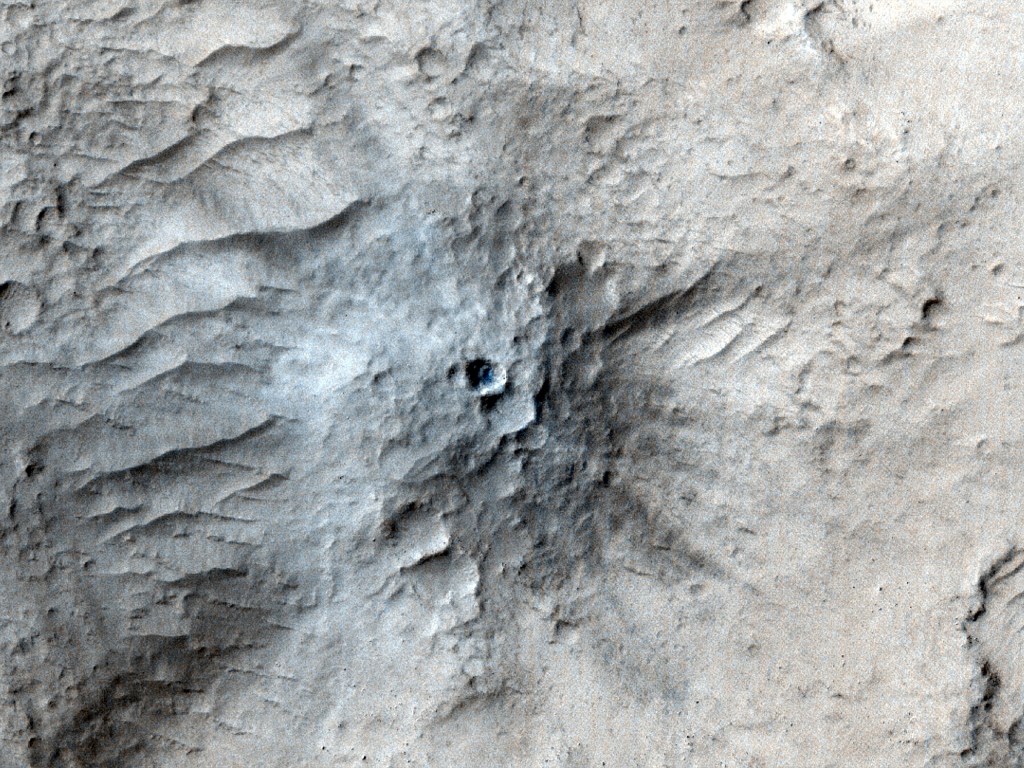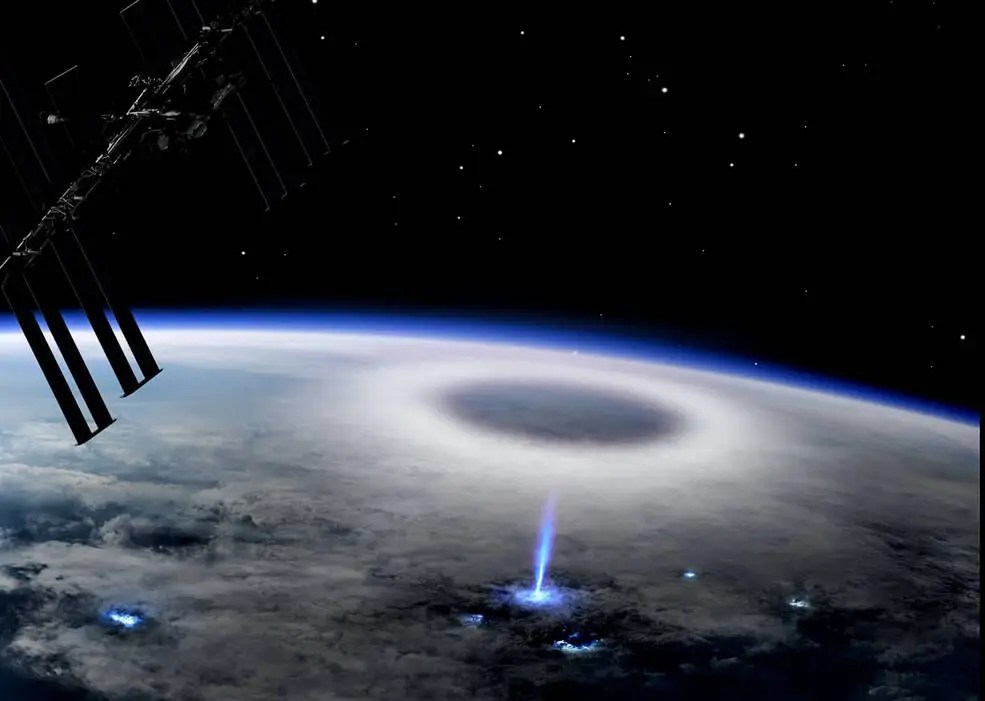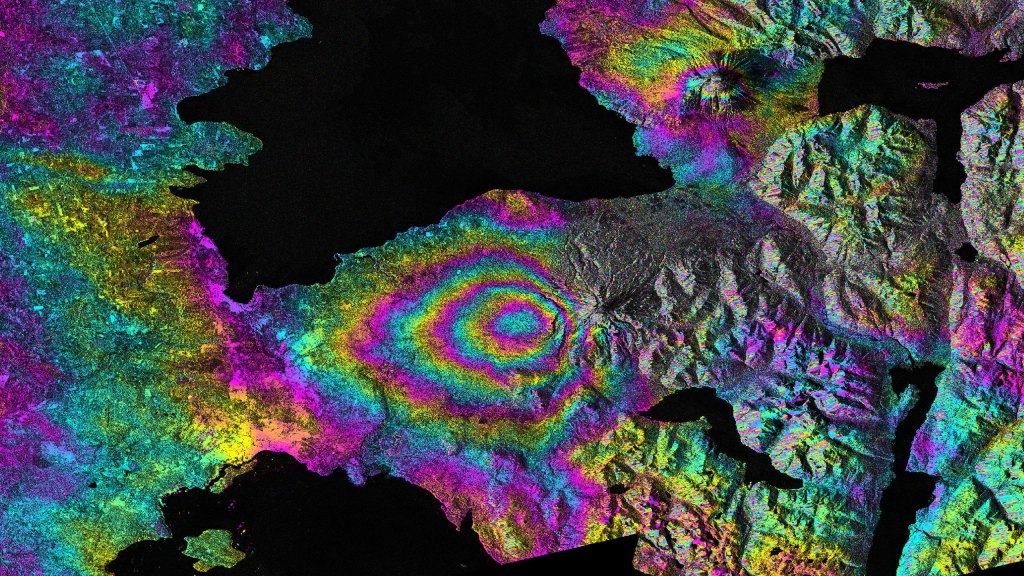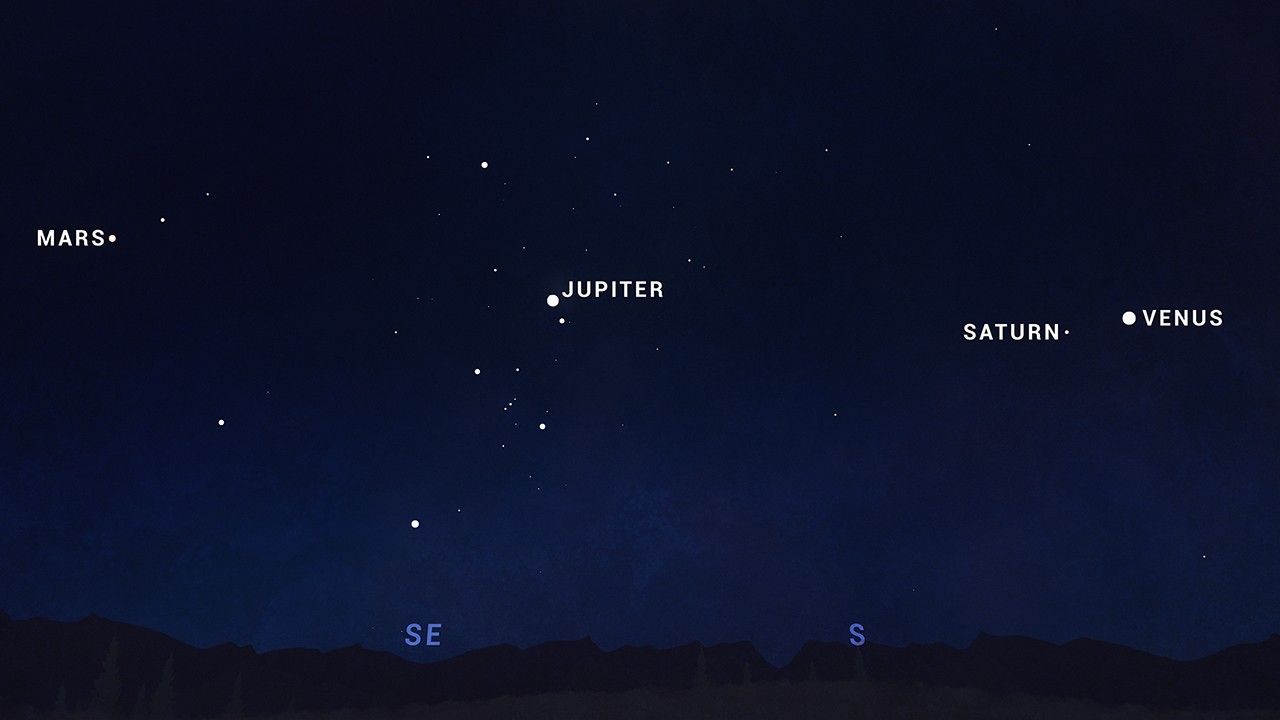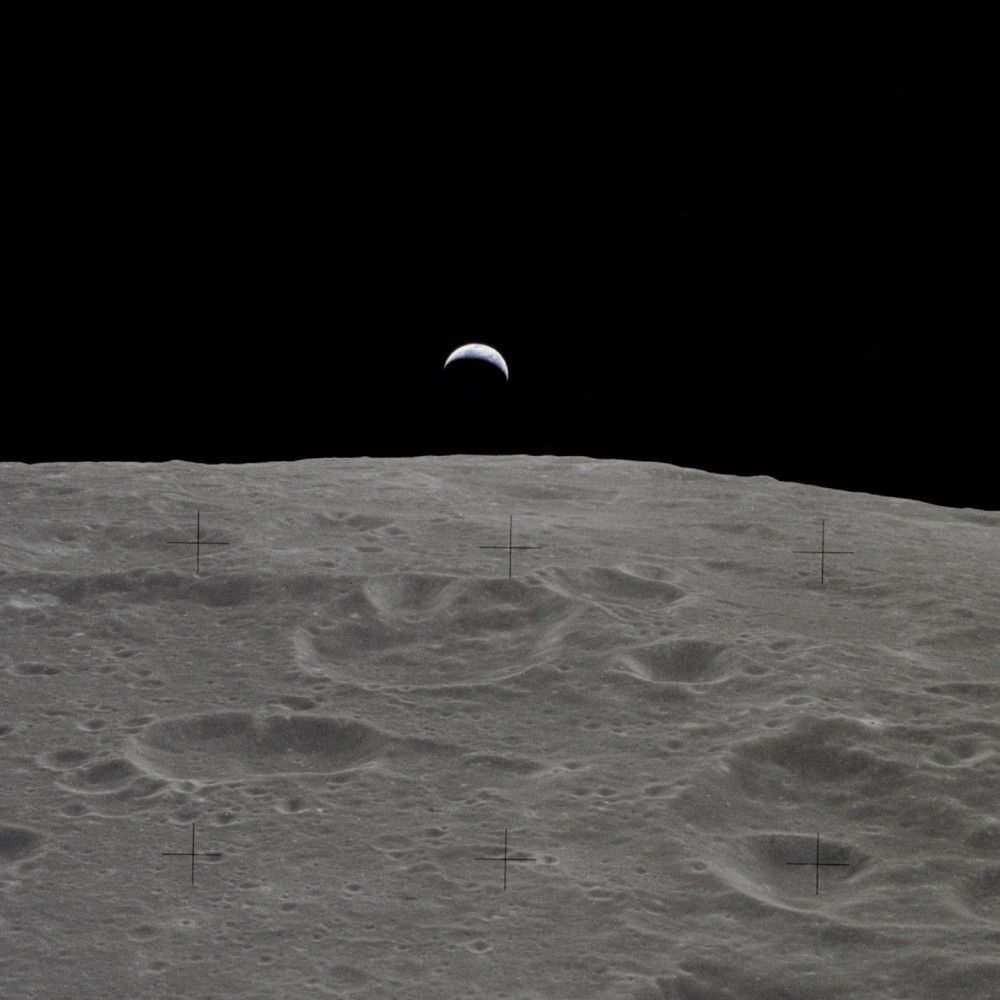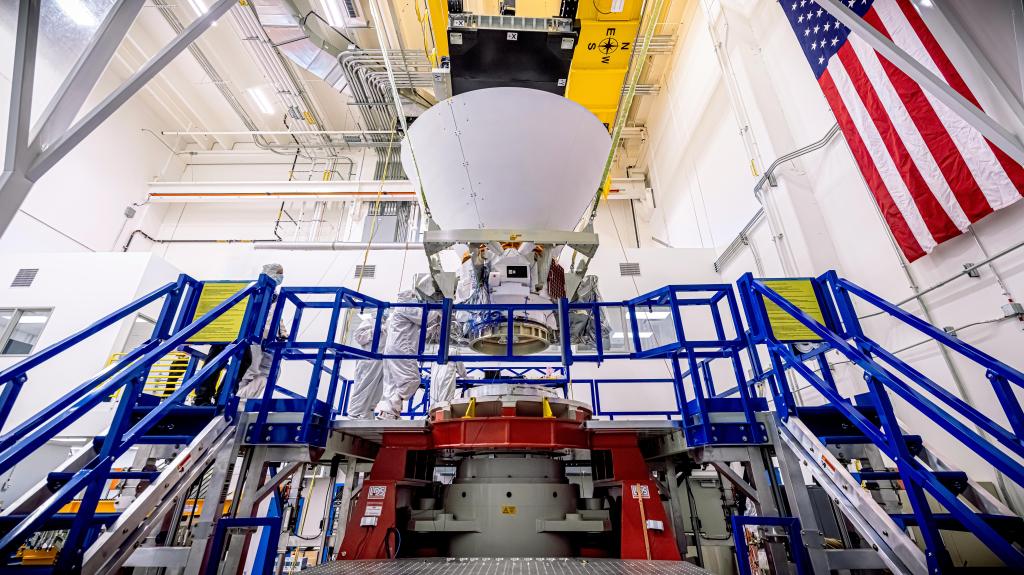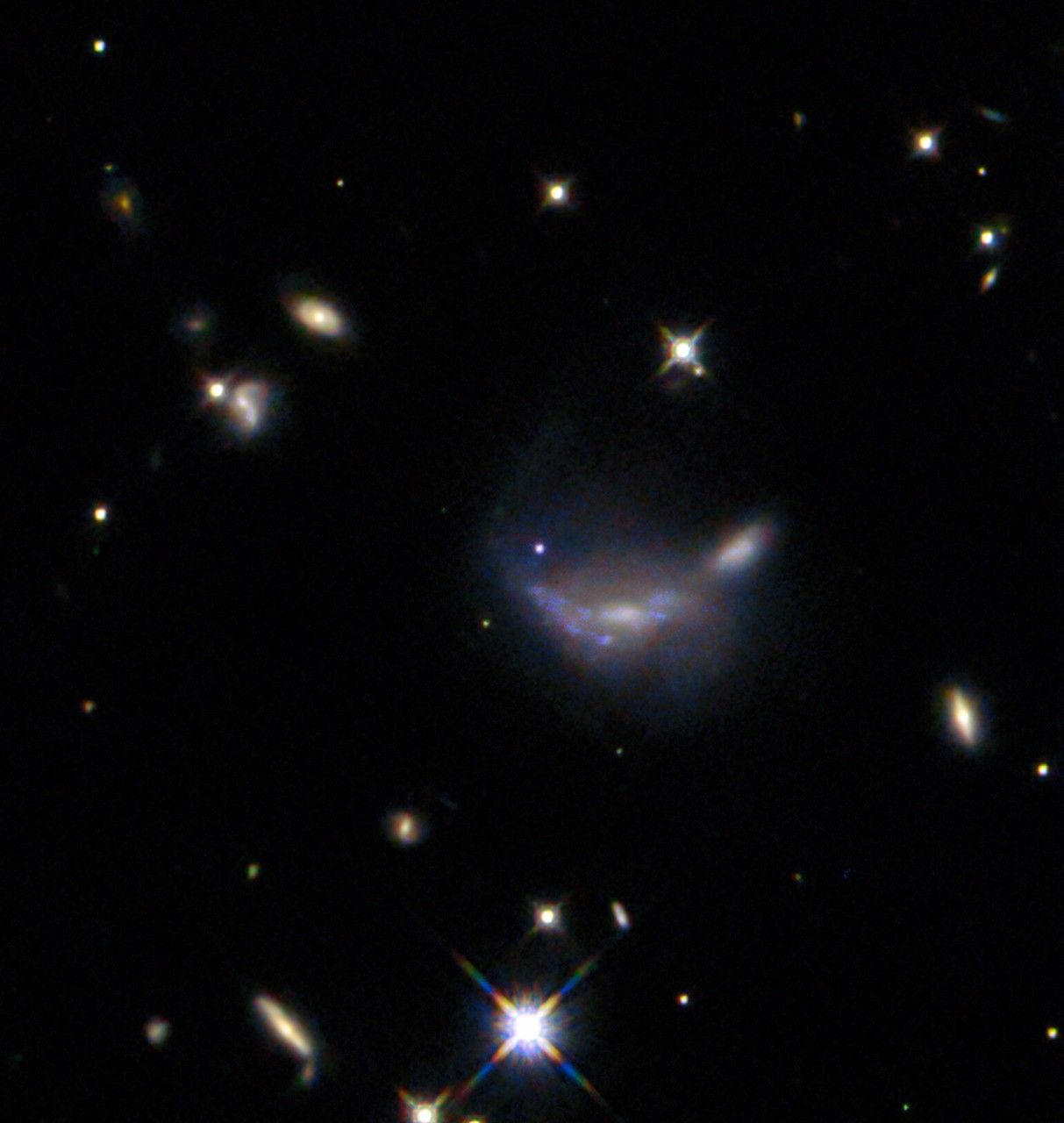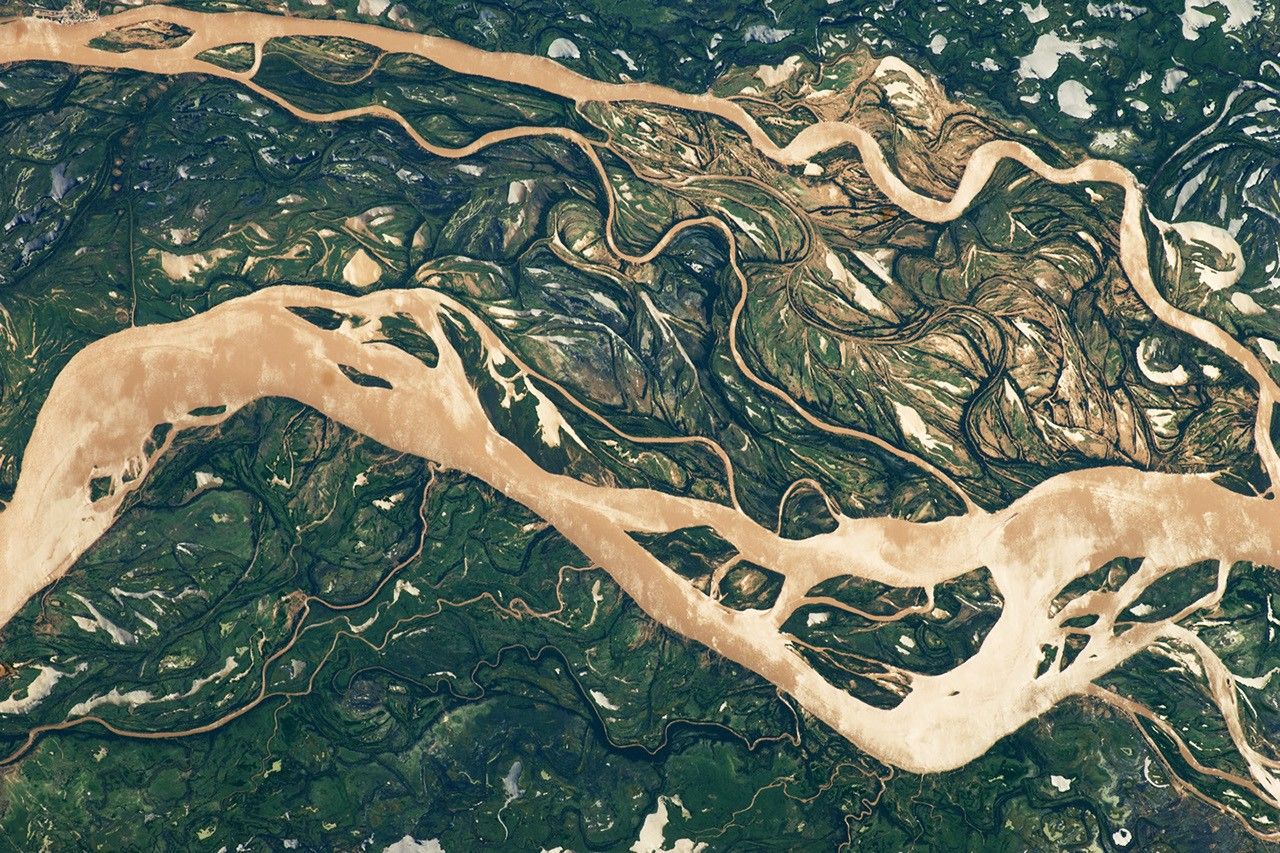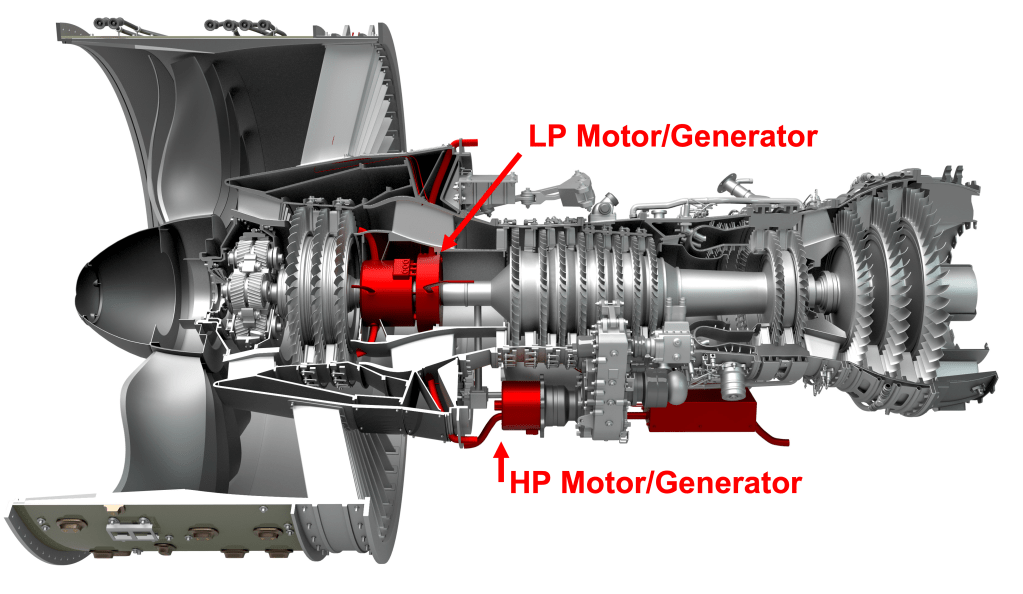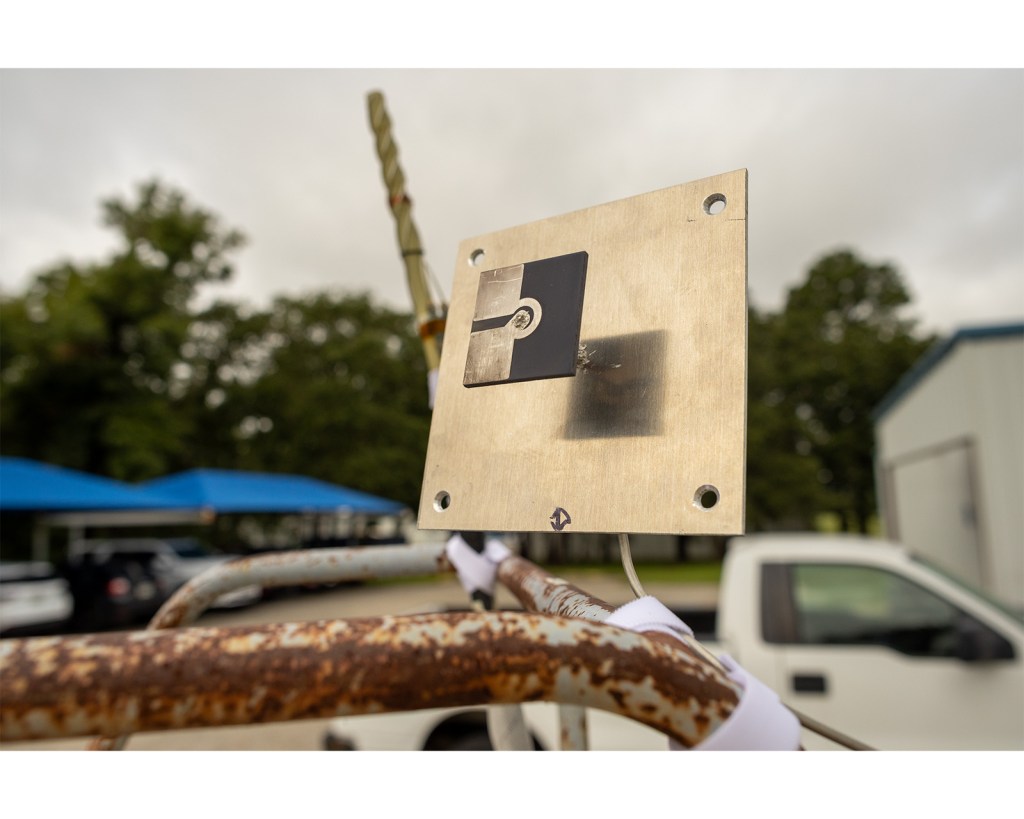About NEX
The primary objectives of the NASA Earth Exchange (NEX) project are to enable significant scientific discovery using data from NASA’s satellite missions, and to foster scientific collaboration across a broad portfolio of researchers supported through Research Opportunities in Space and Earth Science (ROSES) and Flight Projects. NEX enables a community of researchers to answer meaningful science questions that require data, computing-intensive analyses, and modeling at regional to global scales. By leveraging NASA’s advanced supercomputing (NAS) facility at NASA Ames research center, utilizing the NEX virtual collaborative, and having select NASA datasets readily available, scientists and engineers can ask big science questions, execute on large scale research, and share research results and knowledge with minimal burden.
NEX researchers closely collaborate with scientists in NASA Ames’ Earth Science Division, as well as with the broader NASA science community, to apply NEX capabilities to analyze long-term and emerging trends in ecosystem conditions, conduct simulations of climate and land-use change impacts on terrestrial and aquatic ecosystems, map patterns in biodiversity, monitor biomass at local to continental scales, project future climate conditions, and retrieve emissions for air quality forecasting. The NEX team supports applied science activities, such as the development of information products to support land managers, agricultural producers, and water managers throughout the U.S. For the monitoring and modeling of natural disasters, such as wildfires, and emerging public health threats. Additionally, NEX supports the production of global long-term data records for NASA’s MEaSUREs program, NASA’s Carbon Monitoring System (CMS) program, Global Ecosystem Dynamics Investigation (GEDI) program, national climate assessment (NCA), geostationary research, Advanced Information Systems Technology (AIST) program, Applied Sciences program as well as large-scale visualizations for data from NASA’s Earth Observing System Data and Information System (EOSDIS).

